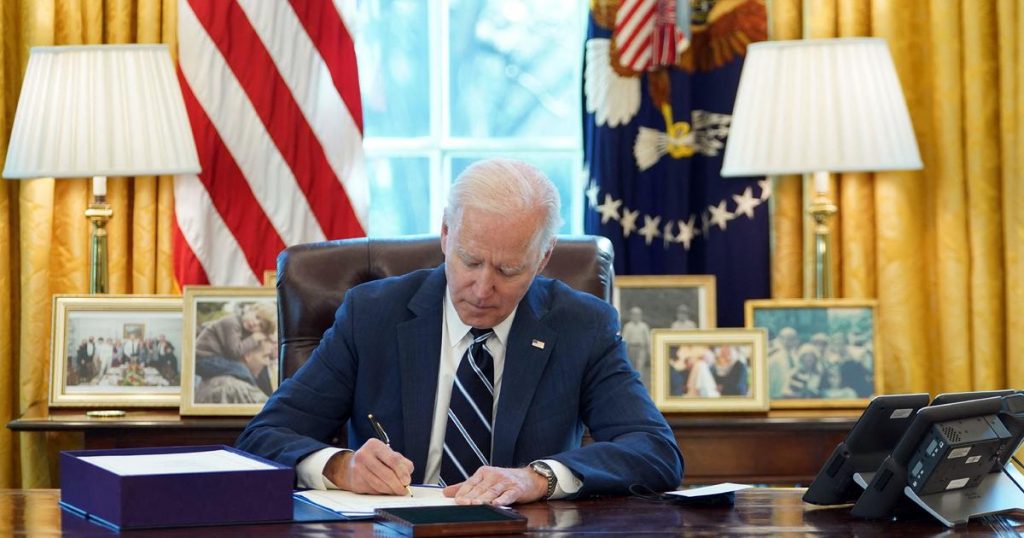by Rhea Goswami
In January, Representative John Yarmuth introduced an ambitious resolution to accelerate the nation’s recovery from the ongoing economic recession caused by the COVID-19 pandemic. This resolution would eventually become the American Rescue Plan, which President Joe Biden signed into law on March 11. On June 25th, 2021, the Environmental Protection Agency (EPA) announced that the Biden administration’s American Rescue Plan gave $50 million to the agency to fund environmental justice initiatives.
As the co-founder of the Environmental Justice Coalition, much of our policymaking, legislative advocacy, educational initiatives, and media-based work is done with the intention of uplifting BIPOC and marginalized communities nationwide. The EPA needs to help communities by making long-term solutions to address the lack of environmental literacy and green energy in rural communities.
The plan should work to limit those sources, including factory emissions and environmentally harmful activities such as mining. The American Rescue Plan focuses more on putting a band-aid on the issue rather than addressing the source of the issue: nonpoint pollution. Although funding electric school buses, which are already included in the plan, would help eliminate a portion of carbon emissions, it would not be as feasible as solutions to eliminate the emissions of factories and push more towards green energy production. Foremost, the EPA needs to invest in projects that address air pollution. The proximity of low-income neighborhoods and BIPOC communities to major highways, factories, and farms often cause adverse health effects, such as asthma.
The job loss crisis caused by COVID-19 and the decline of the coal and mining industry necessitates a transition to greener sources of energy and permanent solutions for jobs in rural communities. According to the Brookings Institute, about 1.7 million people in the United States worked in fossil fuel industries in 2019. In some counties in Texas, North Dakota, and Oklahoma, about 30% to 50% of these workers work in the fossil fuel industry. Millions in rural communities have contracted COVID-19 and experienced high amounts of temporary and permanent unemployment.
One of the Biden administration’s most ambitious goals is to reach carbon pollution-free electricity by 2035, which will directly impact rural communities and their job opportunities. The EPA should reach their goal of environmental amelioration through job support for rural Americans because they rely on harmful emission intensive industries for subsistence.
The EPA can uplift communities through increasing environmental literacy, specifically data interpretation skills, in public high schools across the nation. As environmental issues become more pertinent, it is crucial that students gain the foundational skills to understand the changing world around them in a scientific manner. Students need data analysis and digital literacy skills to understand, assess, and use the plethora of environmental information and data available at their fingertips. Such data analysis skills and literacy would also be transferable to other areas and fields, not just environmental studies.
While pollution and job loss from the COVID-19 pandemic have exacerbated adverse health effects already present in rural communities, there are several long-lasting measures the EPA can take to protect rural American communities. The American public’s livelihoods depend on these communities, and we should be doing everything in our power to uplift them along with the rest of the nation.
Rhea Goswami (she/her) is currently a senior at Thomas Jefferson High School for Science and Technology (TJHSST) and an incoming freshman at Cornell’s College of Engineering planning to study computer science. She is the co-founder and executive director of the Environmental Justice Coalition, where she leads a passionate student team mentored by faculty and researchers from Johns Hopkins University and University of Virginia.

